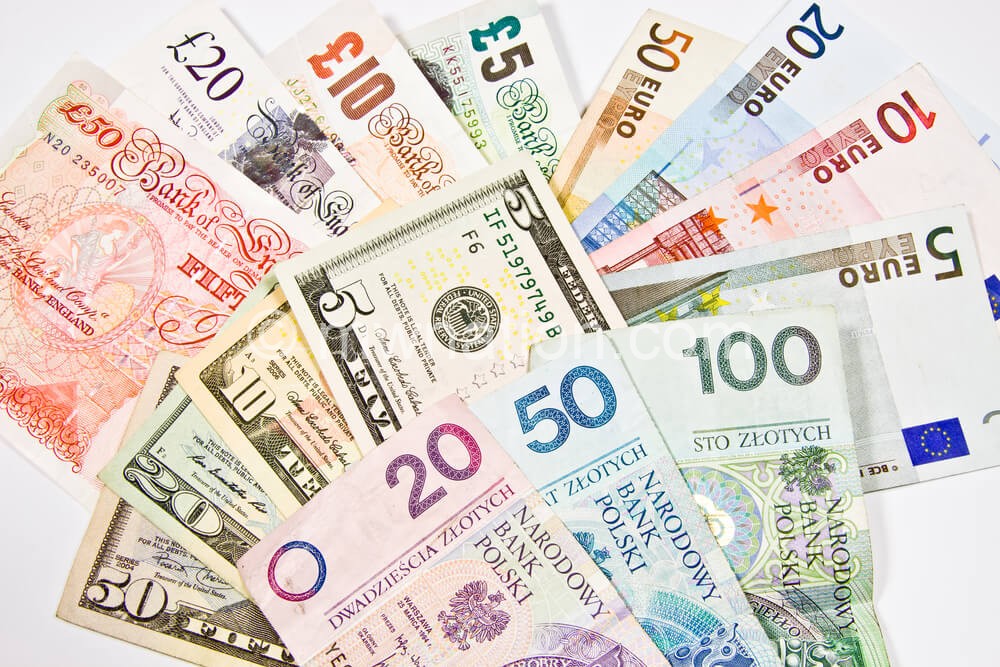Pressure on forex to persist, says firm
CDH Investment Bank (CDHIB) says the country’s depreciation pressures are expected to remain high as the foreign exchange reserves position remains low.
In its third quarter economic review yesterday, CDHIB has attributed this to the weak external payments position due to high import bill and weak exports.

The bank said this is despite the country having received $88.3 million (K91.4 billion) in emergency financing through the International Monetary Fund’s (IMF) new Food Shock Window under the Rapid Credit Facility to help address the country’s urgent balance of payments needs.
Reads the review in part: “These are expected to provide some relief in the short-term, but may not be enough to completely solve the forex situation.
“Looking forward, in the short to medium-term, depreciation pressures on the kwacha could remain prevalent as market supply and the economy’s forex reserves remain low relative to demand.”
During the quarter under review, foreign exchange supply-demand imbalances persisted, resulting in further weakening of the kwacha.
Published CDHIB data shows that the kwacha lost 0.04 percent to the dollar telegraph transfer (TT) rate to close at K1 033.79 while the bureaux dollar cash exchange rate lost 7.69 percent to close at K1 357.88.
In terms of TT quarterly averages, the kwacha depreciated against the dollar, British pound and euro by 14.55 percent, 1.02 percent and 2.12 percent respectively, but appreciated against the South African rand by 5.34 percent in the quarter under review.
Catholic University economics lecturer Hopkins Kawaye said in an interview yesterday that the IMF relief falls short of the required monthly import cover of $250 million (about K259 billion) and an annual import cover of $3 billion (about K3.1 trillion).
Market analyst Bond Mtembezeka said as long as the country is exporting less than what it is importing, a further depreciation of the kwacha is inevitable and a definite occurrence.
In his 2022/23 Mid-Term Budget Review Statement presented at Parliament in Lilongwe on Friday, Minister of Finance and Economic Affairs Sosten Gondwe said following the 25 percent depreciation of the kwacha in May this year to align the exchange rate, government remains focused on ensuring that the exchange rate continues to be market-determined, while alleviating excess exchange rate volatilities.
He said: “Government will continue to undertake policy actions aimed at ensuring that the market has adequate foreign exchange and at the same time boost holdings of gross official reserves.”






One Comment